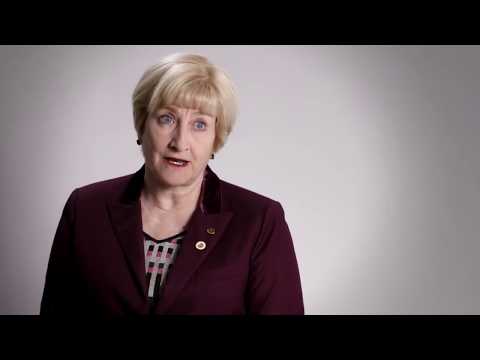Patients and Physicians Speak Out
Prior authorization burdens negatively impact patients and health care professionals around the country every day. Explore their stories and share your own experiences to make your voice heard on the need to #FixPriorAuth.
Featured Stories
Yes, just last year I needed knee surgery. The insurance made me go through 2 weeks of resting it then 3 weeks of physical therapy plus a fluid removal attempt. All this before I could even get an MRI that my ortho doc with 40 yrs experience knew I needed in the first place. After the MRI I had to wait 2 more weeks for approval. From start to finish I was laid up 4 months and even lost my job because I ran out of FMLA. Now I have a wrist injury and I am not going for treatment because I really like my new job and I am afraid to go through it all again.

I went almost two weeks without long-acting insulin and two days without even short-acting insulin waiting for prior authorizations. This landed me in the ER 3 times and sent me into a pancreatitis flare. And wasted about 3 hours of my doctor’s time to get insulin. This was not new either; I have been diabetic since I was a kid, so about 25 years. They also made me switch what kind I use, and that caused my sugar to be out of control for weeks, even after I finally got the insulin, while I determined my correct bolus dose of the new insulin.
Share Your Story
Have you ever gone to the pharmacy to fill a prescription only to be told that your insurance company requires approval before they'll cover your treatment?
Have you ever waited days, weeks or months for a test or medical procedure to be scheduled because you needed authorization from an insurer?
Are you a physician frustrated with the administrative headaches and their impact on your patients?
Have prior authorization delays caused you to take more sick days, be less productive at work or miss out on day-to-day life?
Share how prior authorization has impacted you, your loved ones or your patients to draw attention to the need for decision-makers to address this issue. Your voice can make an impact.
All Stories
Use the buttons below to explore how prior authorization impacts both health care professionals and patients throughout the country.
I can't get my medication that could potentially save my life and give me peace of mind because of all the wait times for prior authorization. I am a trauma nurse. I know the field. This. Is. Wrong.
I am a maternal-fetal medicine specialist in Nevada. More than 99% of the time, we have to obtain prior authorization for a procedure (usually an ultrasound on a pregnant patient). However, it takes more than a week to get the authorization back from the insurance company. Then, we have to contact the patient and get her scheduled. Now, she has had to wait weeks for an ultrasound only to find out there was a lethal birth defect. WHY should we have to obtain a prior authorization when it is always approved after a delay? How can this be good care?
It definitely costs our practice a great deal of money to hire people to obtain prior authorization, not to mention the poor patient who has to wait for the insurance company to approve something that we knew would be approved. It is just bad medicine, and the patient suffers the most.
Recently, [I] had back surgery and was discharged on medications for pain recommended by the neurosurgeon. They had to be prior authorized, and one was delayed so long that I did not even get it many days later when it was finally approved… I just had to grin and bear the pain. I am a primary care physician, and we are not exempt from the red tape created to enrich insurance companies that goes under the name of "prior authorization."
Nothing I love more than my morning cup of coffee to go alongside my daily peer-to-peers before clinic is even open yet. Extra exciting when the “peer” opens the conversation with “I am a RETIRED PSYCH (or other unrelated field) DOC with BCBS calling to discuss why your (insert GASTROENTEROLOGY specific procedure/testing/medication) was denied.”
And then they literally ask me questions that they could have answered themselves by reading the notes I provided them 2 months ago, and again with the letter of medical necessity I wrote them, and again with the appeal I had to do. It takes me 8 weeks of work for what could have been squashed day one if the system were not broken.
It’s coming to a point where the easier thing to do is basically nothing for the patient, and we wonder why the ER is packed. People see 16 specialists, people seek second, third or fourth opinions, further delaying care. I hate this.
It’s a burnout to nursing staff to submit and follow up on medication for prior authorizations. As a nurse, my time should not be used for phone calls to insurance for follow-ups or appeals.
I represent multiple providers of different specialties. I have had it with the paperwork pushback from payors. Care is delayed and denied, and providers are made to jump through hoop after hoop just to treat patients. Starting with a reduction in prior authorizations is a step in the right direction. It's time for the AMA to truly start advocating for all the crap providers go through and put the payors in their place. Please fight to put providers back in charge of healthcare and NOT the payors.